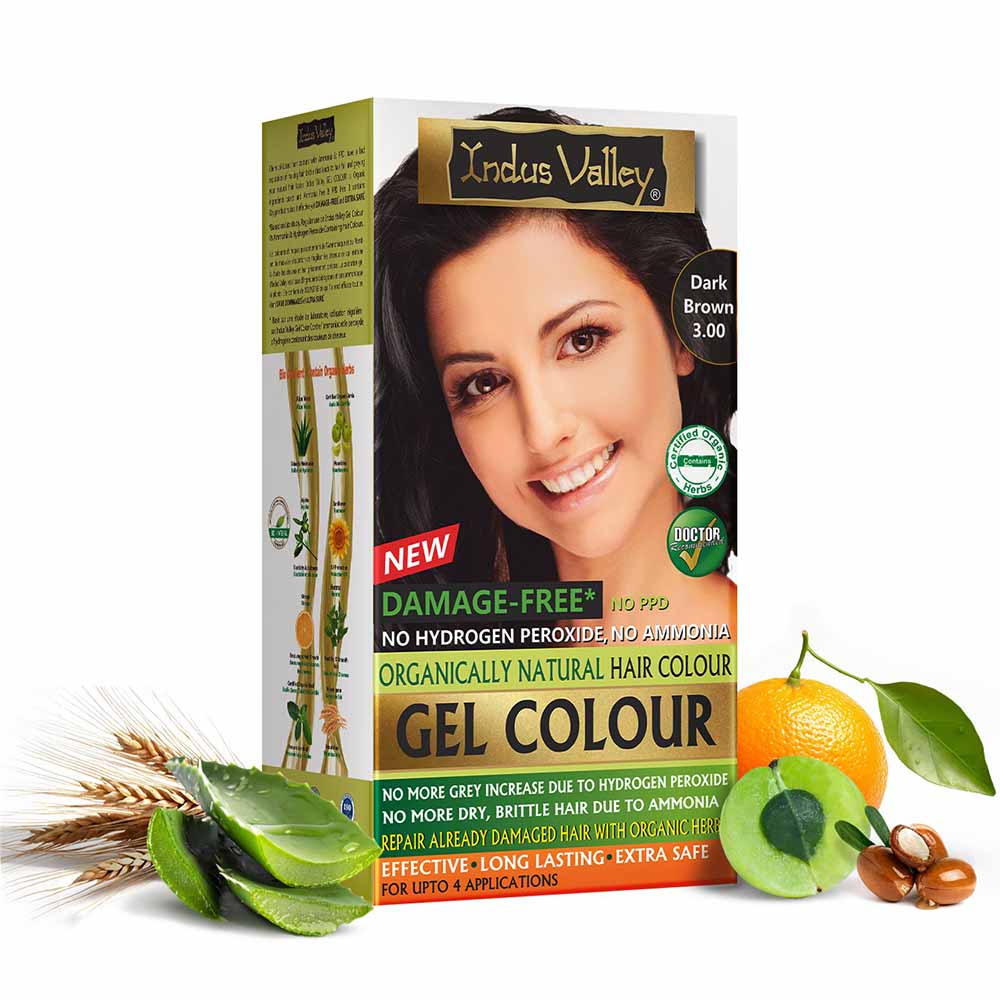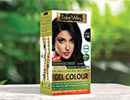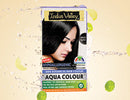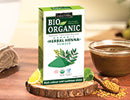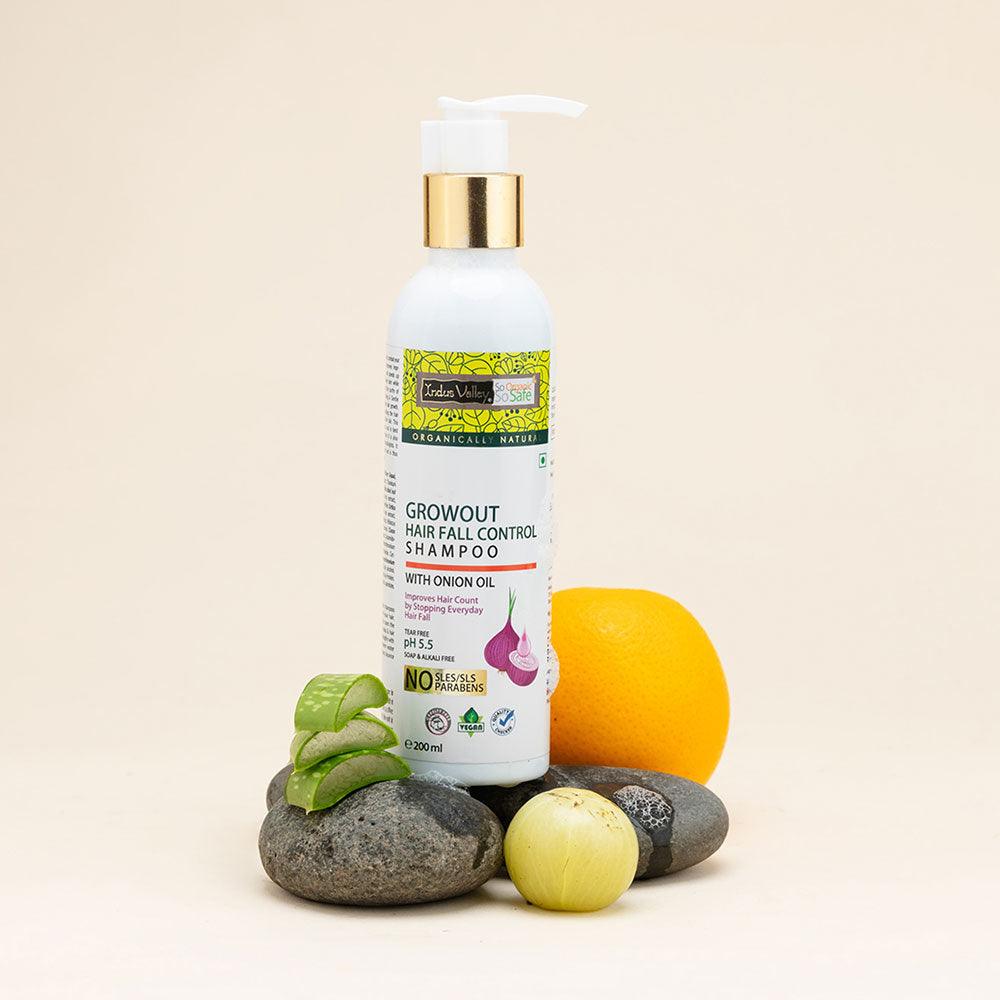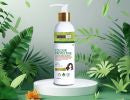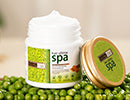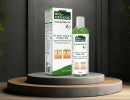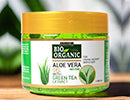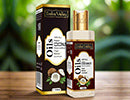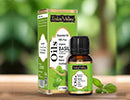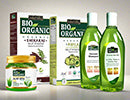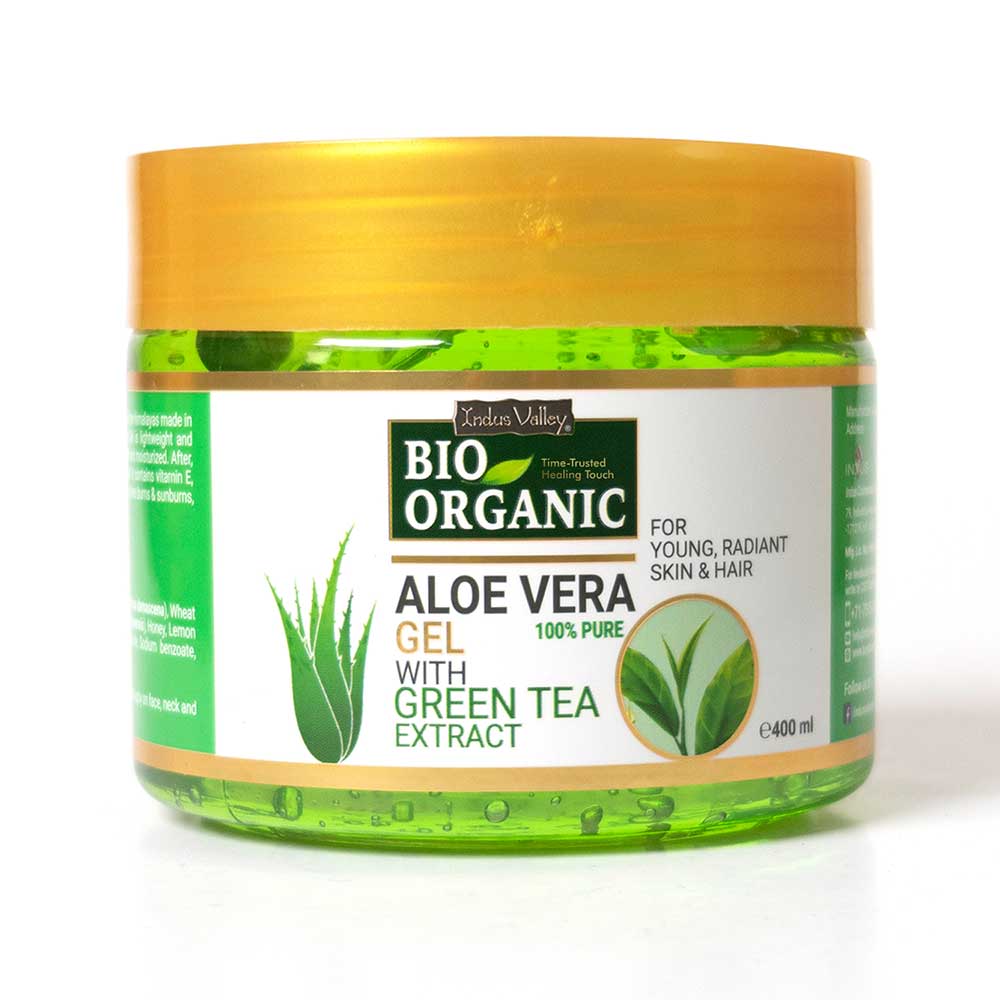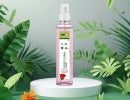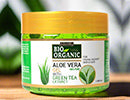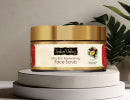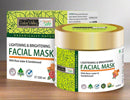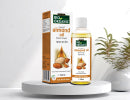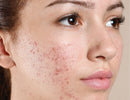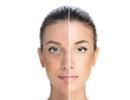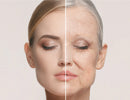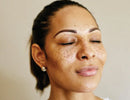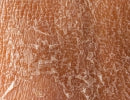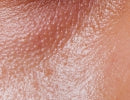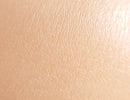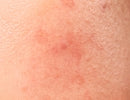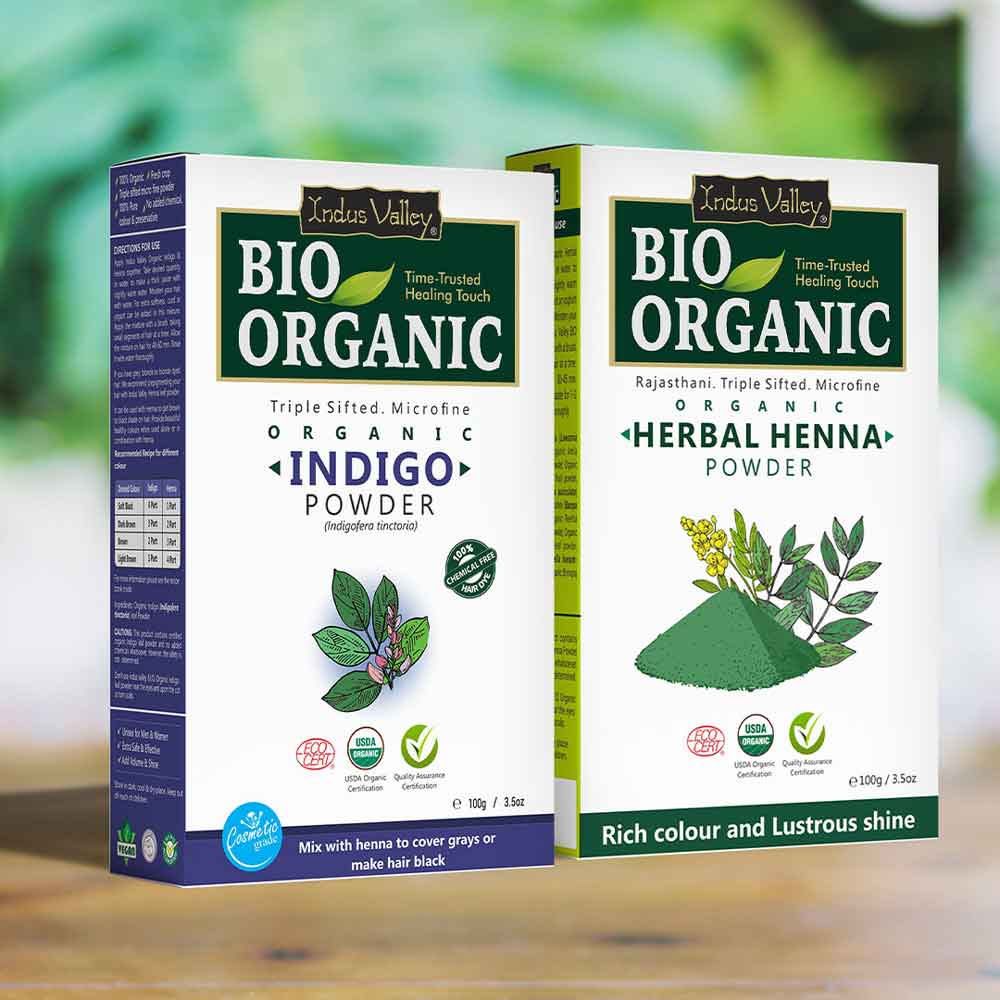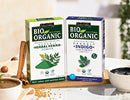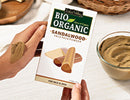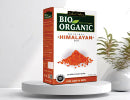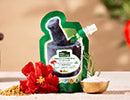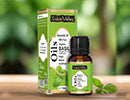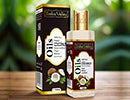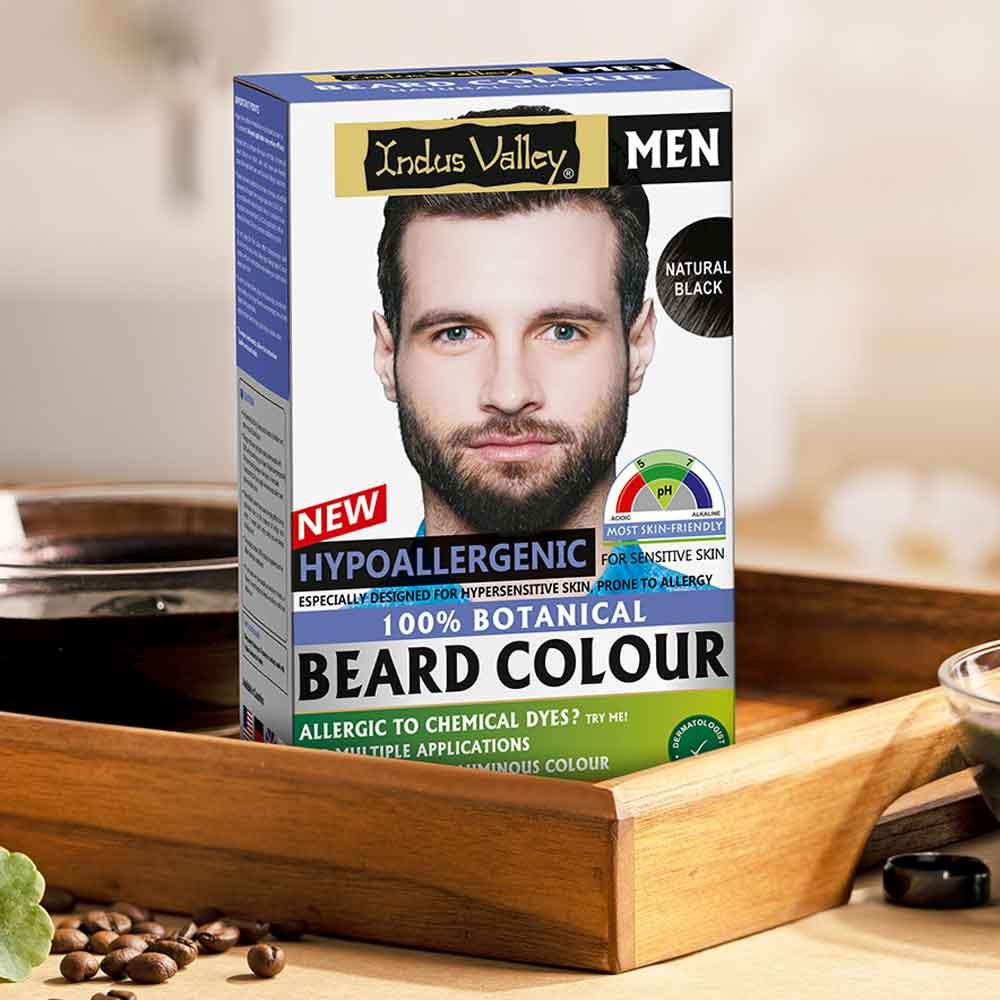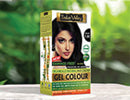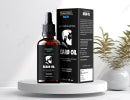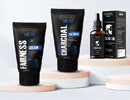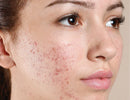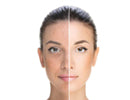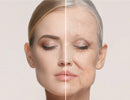Short Summary of the Blog:
"Skin concerns like pigmentation, dark spots, and tanning are common, yet many people often confuse them. Understanding the differences between these conditions is crucial for choosing the right treatment and maintaining healthy, radiant skin.
In this blog, we’ll explore each condition, their causes, and how to address them using organic skincare solutions, with a special focus on Indus Valley Brightening Depigmentation Gel".
Table of Contents
Understanding Skin Pigmentation
Pigmentation refers to the natural coloring of your skin, determined by the melanin produced by melanocytes. Melanin protects the skin from harmful UV rays and gives your skin its natural tone. When melanin production becomes uneven, it can lead to pigmentation issues.
Causes of Pigmentation:
- Genetics: Some individuals are naturally more prone to pigmentation.
- Hormonal Changes: Pregnancy or hormonal fluctuations can trigger pigmentation, like melasma.
- Sun Exposure: UV rays increase melanin production, resulting in dark patches.
- Environmental Factors: Pollution and lifestyle stressors can affect skin tone.
What is Tanning?
Tanning occurs when skin responds to UV exposure by producing more melanin to protect deeper layers. Unlike dark spots or pigmentation, tanning is usually even across the skin and temporary.
Key Facts About Tanning:
- UV Exposure: Sunlight and tanning beds increase melanin production.
- Temporary Effect: Tans fade naturally as skin cells renew.
- Risks: Excessive tanning can lead to premature aging and sun damage.
Dark Spots: Causes and Characteristics
Dark spots, or pigmentation, are small, localized patches of skin that appear darker than the surrounding area. They are caused by excess melanin in certain spots rather than the entire skin.
Common Causes:
- Sun Exposure: Prolonged exposure without protection can lead to dark spots.
- Acne Scars: Post-inflammatory hyperpigmentation from healed acne often leaves marks.
- Hormonal Changes: Pregnancy or hormonal treatments may worsen dark spots.
- Environmental Stress: Pollution and oxidative stress can contribute to hyperpigmentation.
Key Differences Between Pigmentation, Dark Spots, and Tanning
While these skin concerns may seem similar, they differ in appearance and cause:
- Pigmentation generally affects larger areas of the skin due to melanin imbalance.
- Dark spots are smaller, localized patches, often caused by sun damage, acne scars, or hormonal changes.
- Tanning is a temporary darkening of the skin due to UV exposure and usually occurs evenly.
For pigmentation and dark spots, organic skincare solutions like Indus Valley Brightening Depigmentation Gel gently restore an even skin tone and improve overall skin health. For tanning, preventive measures and post-tan natural care are crucial.
Effective Organic Treatments for Each Condition
For Pigmentation:

Use natural skincare products with ingredients like Cow Yogurt, Grape Seed, Wheat Germ Oil, and botanical antioxidants. The Indus Valley Brightening Depigmentation Gel helps restore natural skin tone gradually, enhancing radiance without harsh chemicals.
For Dark Spots:
Natural remedies like aloe vera, Tea Tree Oil, and Wheat Germ Oil work effectively. The Indus Valley Brightening Depigmentation Gel targets dark spots safely, promoting a uniform complexion with consistent use.
For Tanning:
Prevent tanning by using mineral-based sunscreens, wearing protective clothing, and staying hydrated. Post-tan care with aloe vera and cucumber extracts restores skin hydration. The Indus Valley Brightening Depigmentation Gel helps balance skin tone after sun exposure.
Pigmentation, dark spots, and tanning may look similar, but their causes, appearance, and treatments differ. Using organic skincare products and natural remedies, practicing sun protection, and consulting a dermatologist, when necessary, will help maintain glowing, healthy skin. The Indus Valley Brightening Depigmentation Gel is a safe, herbal solution to lighten dark spots, reduce pigmentation, and restore your skin’s natural radiance without any harsh chemicals.




